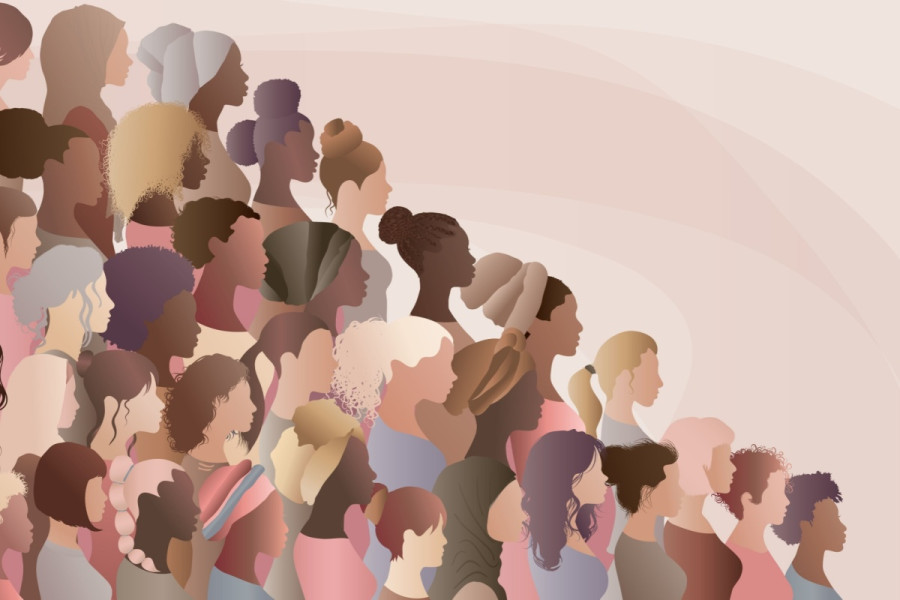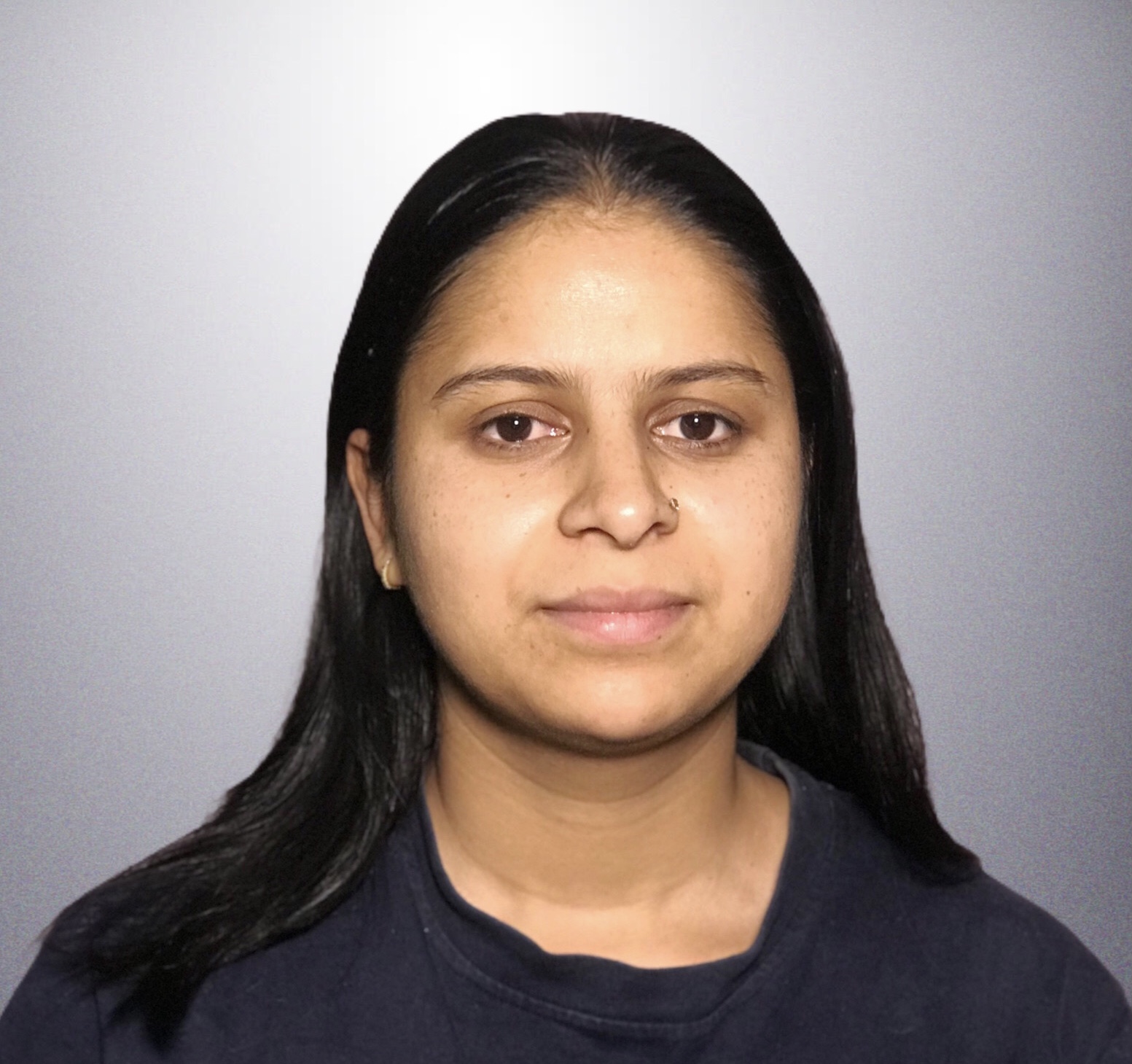Columns
Breaking barriers for women in foreign policy
With equal opportunities, meritorious women can contribute to IR with their intellectual insights.
Shradha Arjyal Joshi
Nicollo Machiavelli, in his book The Prince written in the 15th century, explicitly portrayed men as citizens and political actors, ignoring women’s roles. The book is widely acclaimed in political theory due to its realist philosophy, which advocates being quintessentially masculine for success. After working with the unstable governments and weak leaders of the Florentine State, Machiavelli came up with the idea of how one becomes a prince. The notion of how a man can take control of his state with a strong belief that a state could be governed by nobody else than a prince—a strong condemnation towards female contribution.
Machiavelli’s guided scenario has not changed much in the present context, as women are undermined in the core analysis of international relations and diplomacy. Even the conventional International Relations (IR) Diplomacy studies do not seek to address questions regarding women’s participation. Areas such as international politics and foreign policy have an overwhelming number of male representations pursuing their careers as professors, foreign affairs officers and diplomats.
Nepali women, too, are underrepresented in IR, as the discipline has offered them very little status. It is believed that women are more likely to pursue themselves as constructivists—the ones who inquire about the actors, ideas and identities in shaping world politics rather than being more realistic and advocating for power and protection of the state with much emphasis on military capabilities. To a large extent, women are still considered second-class citizens in IR discourses.
Gender is crucial in both national and international politics. The pace has remained sluggish despite getting the limelight on gender-related issues in global forums. In Nepal, deeply rooted social values and cultural barriers are bottlenecks in constructing a gender-equal society. At the government level, the National Plan of Action for Gender Equality and Women's Empowerment (2016-20) was formulated to outline the strategies and actions to promote gender equality across various sectors. As a result, the global gender gap reached 0.69 index in 2022. Comparing the gender gap index globally, it surged from 0.56 index in 2007 to 0.69 index in 2022, leaping 1.57 percent annually, as per the data published by the World Economic Forum. The progress was made possible due to various women empowerment programmes and legal reforms for women’s representation in the political and socio-economic sectors’ decision-making space. Nevertheless, Nepal’s journey toward gender equality is still a distant dream.
It has always been challenging for a nation like Nepal to create an environment with equal opportunities for women whereby they could bring forth meritorious women in large numbers and contribute to society with their valuable intellectual insights.
Teaching Research and International Politics Survey (2006) conducted by the US international relations faculty pointed out that women in IR faculty only comprise one-fourth of their male counterparts. Similarly, at Tribhuvan University, the enrollment in the Department of International Relations and Diplomacy MPhil-/PhD 2022 batch comprises only five female students with a total enrollment of 35. The enrollment trend has remained almost the same since 2018, when the course was first offered at the university.
Traditionalists view gender as being the difference between men and women in terms of biological features and believe that they don’t share common political and diplomatic understandings. Assumptions on gender are constantly changing. However, I think gender needs to be taken as an important concept that primarily deals with the roles, responsibilities and relationships between men and women in society. It should not be limited to biological, social, political and economic constraints.
It has been over three decades since Cynthia Enloe, one of the prominent feminist scholars of international relations, asked, “Where are the women?” This perhaps has not gotten a satisfying answer to date. Participation in international relations and feminist foreign policy has become a fascinating area of study, yet scholars in third-world countries have not been able to invest in it.
Acknowledging women’s enthusiastic involvement in IR and Diplomacy, The United Nations General Assembly has addressed June 24 as the International Day of Women in Diplomacy. Nonetheless, the scope has yet to be widened to a greater extent. The situation remains bitter in South Asia, where women’s perspectives are downplayed in the context of academic and non-academic IR. The underrepresentation of women in foreign affairs is persistent in Nepal as there are only 64 female officials compared to 245 male officials. The situation gets bleak when it comes to female diplomats, as there are only three women out of 33 ambassadors, as per the Ministry of Foreign Affairs report. Despite underrepresentation in IR, Sewa Lamsal is the first-ever female foreign secretary of Nepal. This could be dubbed a promising beginning of women’s representation in the field.
As per the survey conducted by Teaching, Research, and International Policy (TRIP) in the US, the majority of women could not uplift themselves as professors as they had to succumb before reaching the position due to their indulgence in using more qualitative methods over quantitative methods in the study of IR. Nevertheless, women scholars in IR and diplomacy can add new and valuable perspectives to this field, making it much more effective in dealing with complex global phenomena. There is a need for more female scholars in Nepal in IR. From the beginning, they should be made clear about the subject matter. Quotas alone will not be enough. We must promote open discussion, allowing more research-oriented activities in our education system. Consequently, women’s leadership styles, observation of social matters, expertise and advocacy widen the scope of the field, resulting in positive outcomes. Women’s peaceful and balanced influence is essential in today’s world.




 8.88°C Kathmandu
8.88°C Kathmandu















